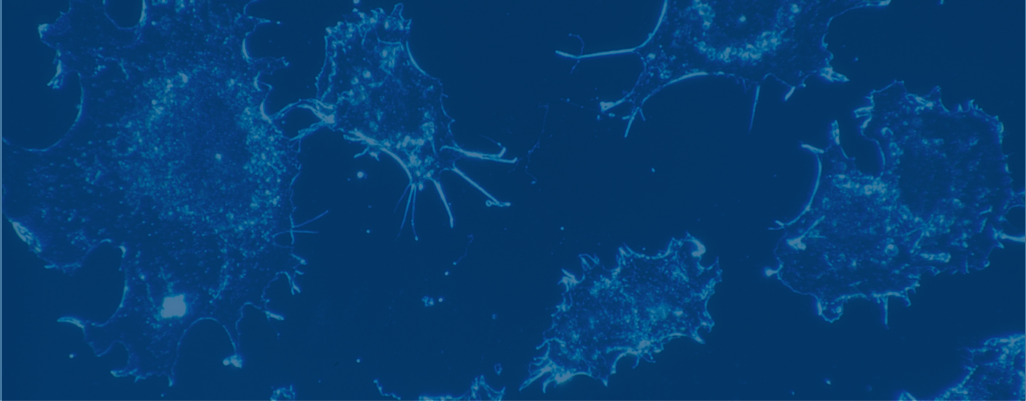addBiomarkers Explained
Biomarkers May Help Doctors Diagnose Lung Cancer Earlier
The term biomarker, which is short for biological marker, is a biological component that can be measured as an indicator of a normal or abnormal process in the body. The identification of biomarkers is a hallmark of “precision medicine,” in which therapies are tailored to a person’s unique genetic profile, environment and lifestyle.
The goal of all three DECAMP studies — DECAMP-1 PLUS and DECAMP 1 and 2 — is to discover the ways in which different types of biomarkers (found in blood, urine, stool, cells in the mouth and nose, and other body specimens) can help improve the efficacy of lung screening for certain groups of smokers and former smokers who are at high risk for lung cancer.
Imaging Saves Lives
The search for biomarkers in lung cancer became an important area of study after the National Lung Screening Trial (NLST) showed that screening high-risk smokers and former smokers with imaging tests saves lives. This led to federal guidelines, released in 2013, recommending lung cancer screening in people aged 55 to 80 years old with a 30-pack a year smoking history.
Although the NLST showed that screening for lung cancer with imaging tests saves lives, the imaging scans often detect small lung nodules that are indeterminate, meaning that doctors can’t tell whether they are benign (noncancerous) or cancerous. A biomarker test of body specimens could help doctors better evaluate these indeterminate nodules so that patients would not need to go through additional scans and invasive testing to determine next steps.
Combining Biomarker Tests with Imaging
The hope is that specific biomarkers found in noninvasive biological samples in the DECAMP study volunteers will point to the presence of lung cancer and/or a predisposition for certain people to develop lung cancer. Combined with imaging results, this could help doctors tailor lung cancer therapies to certain patients, as well as start therapy at an earlier stage, when the disease is most treatable. In addition, these results can help eliminate unnecessary, invasive tests for patients who ultimately do not have cancer. Thus, participation in the DECAMP studies may have a significant impact on the treatment of future patients.

Study Site Locations
There are 19 DECAMP-1 PLUS study sites around the United States. The local study staff can provide assistance and information.